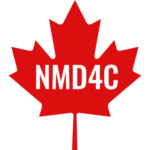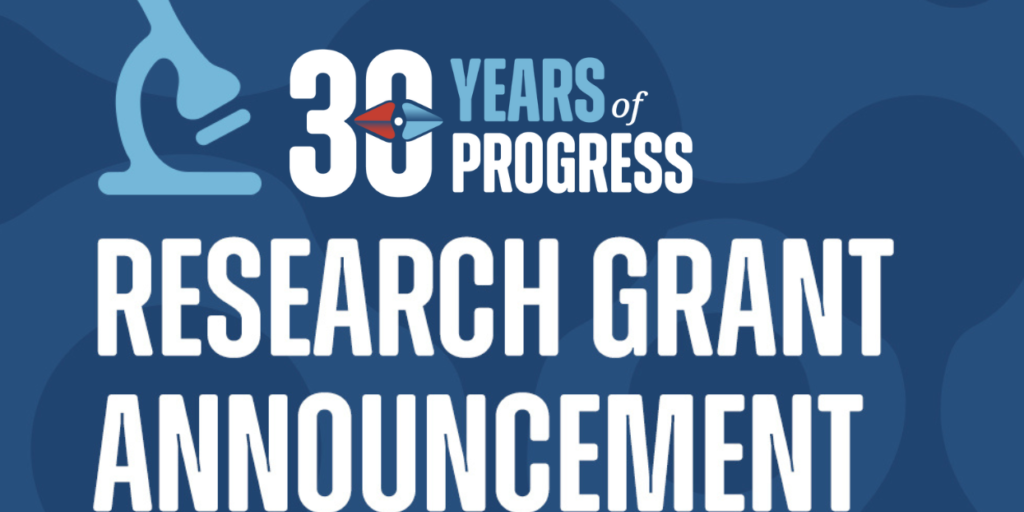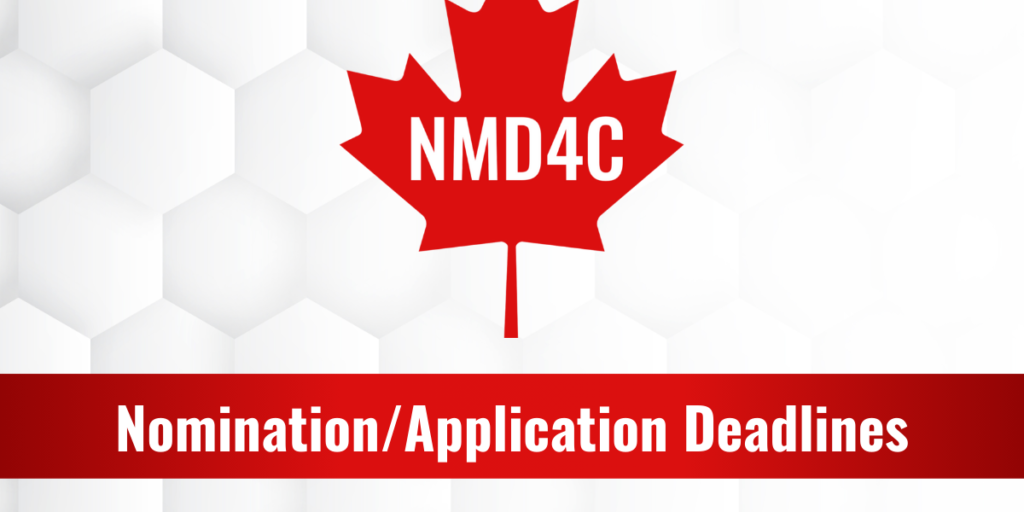New Publication from NMD4C Investigators: Variability in Newborn Screening Across Canada: Spinal Muscular Atrophy and Beyond
We are excited to share the publication of a new study “Variability in Newborn Screening Across Canada: Spinal Muscular Atrophy and Beyond” from Dr. Emily Groulx-Boivin, with NMD4C investigators Dr. Homira Osman, Stacey Lintern, Dr. Maryam Oskoui, Dr. Kathryn Selby, and Dr. Hugh McMillan as co-authors. The article is published in the Canadian Journal of Neurological Sciences, and examines the differences between provincial newborn screening (NBS) programs and the variability of Spinal muscular atrophy (SMA) screening inclusion within these. The article shows there is a regional variability between NBS programs in Canada, which creates inequity in treatment and care and affects potential outcomes of Canadians affected by early-onset childhood diseases, including SMA.
Canadian Newborn Screening Landscape
NBS is a process to identify newborns with potentially disabling conditions for which early detection may allow for treatment initiation to reduce or eliminate disease symptoms 1. While every Canadian province has a NBS program, there is no national governance providing oversight or standardization over which diseases these programs should include. This can lead to inequitable access to treatment and care for Canadian children based on where they are born within the country.
Through this study, the authors conducted a cross-sectional study of all provincial NBS programs in Canada, gathering data from each medical or laboratory director through an online survey. They learned that the number of conditions screened for ranges from as few as 14 to as many as 36, a 2.5-fold difference between the smallest and largest provincial programs. Similarly, in conditions that require genetic testing as opposed to other traditional NBS methods, there is a nine-fold difference in the number of diseases that are currently tested for between the smallest and largest screening programs. Genetic-based testing is required to test for an increasing number of childhood-onset diseases where novel therapies are emerging – including SMA1.
Access to Screening for SMA
As of today, approximately 72% of Canadian newborns are screened for SMA at birth, with six provinces and all three territories providing a NBS program that includes genetic screening for SMA. Although the provinces currently not screening for SMA have indicated their commitment to include this in the near future, differences in the time to receive screening results and the time to initiate therapy means that even in provinces that screen for SMA, delays and inequitable access to timely therapies still exist for children across Canada. These delays are especially devastating for children born with SMA, a disease characterized by rapid and irreversible loss of motor neurons.
The authors recommend that provinces work towards a standardized Canadian NBS program as a next step in order to reduce these inequities and avoid life-altering consequences for children based on the region in which they are born.
Access the full article
The full article is open access, and the full publication is available at: https://pubmed.ncbi.nlm.nih.gov/36892082/.
Network Advocacy for Newborn Screening for Neuromuscular Diseases
The NMD4C is committed to supporting network partner organization Muscular Dystrophy Canada (MDC) in advocating for policy changes to provide SMA screening for all Canadians. From 2020, MDC has been working to understand and address barriers for the implementation of NBS for SMA, and is committed to exploring which other neuromuscular diseases would benefit from inclusion in Canadian screening programs in the future.
Reference
Groulx-Boivin E, Osman H, Chakraborty P, Lintern S, Oskoui M, Selby K, Van Caeseele P, Wyatt A, McMillan HJ. Variability in Newborn Screening Across Canada: Spinal Muscular Atrophy and Beyond. Can J Neurol Sci. 2023 Mar 9:1-7. doi: 10.1017/cjn.2023.34. Epub ahead of print. PMID: 36892082.




